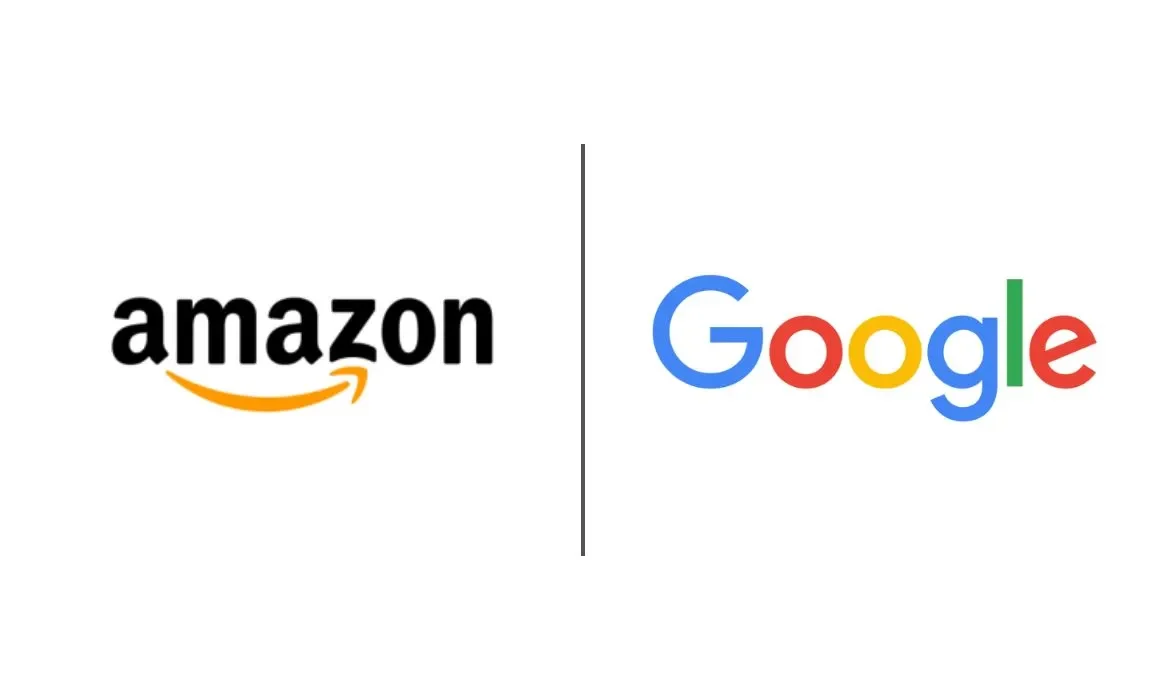Amazon and Reach Partner for Targeted Ads Ahead of Third-Party Cookie Phase-Out
Amazon has signed a historic contract with Reach, the UK’s largest publisher, to access customer data for targeted advertising. The collaboration occurs as the media landscape struggles to respond to Google’s move to remove tracking cookies from its browser. Reach will share “contextual” first-party data with Amazon under the terms of the agreement, including details about the articles users are viewing. Amazon will then make use of this information to improve targeted ads on the websites of U.K. publishers, giving advertisers more effective and relevant advertising options.
The agreement benefits in ad data for targeted ads
The agreement is a reaction to Google’s plans to phase out third-party cookies later this year. It is among the first of its kind in Europe. Google plans to turn off all third-party cookies by the end of the year, matching Apple’s similar action to prohibit them in Safari. Its goal is to compensate for the disappearance of cookies, which monitor users’ online activities and gather data about them to better target advertisements. However, the agreement’s financial details were kept secret. Reach announced that it would collaborate with Amazon to share first-party data that is “contextual,” such as what articles users are viewing, with the American tech company utilizing the data to offer more specialized advertising on the U.K. publisher’s sites.
Beyond third-party cookies for targeted ads
This deal inspires other ways to reach high-value consumers online as advertisers look beyond third-party cookies for targeted advertising. To make sure that advertisements appear next to content that users are interested in, Reach intends to make use of Mantis. It is a brand safety and contextual advertising tool for publishers. By working together, Amazon can more effectively target audiences with relevant advertising in Reach’s magazines, including the Mirror, Daily Star, and OK! Magazine.
Read More: Amazon Prime Video Estimated to Generate $1B From Ad-Supported Tier in Debut Year
U.K.’s CMA raises safety concerns
While Reach and Amazon were announcing their partnership, the U.K. Competition and Market Authority (CMA) sent out a statement stating Google cannot move forward with third-party deprecation. The CMA raised issues that might cause Google’s third-party cookies phase-out to be delayed. In its most recent report on Google’s Privacy Sandbox, the tech giant was found to have complied with commitments. However, there are still several issues that need to be resolved before third-party cookies are removed from Chrome. If Google doesn’t take further action to address the concerns expressed about the proposed changes to the Privacy Sandbox, it won’t be able to remove third-party cookies from Chrome in the second half of 2024, as it is currently scheduled, at least not in the U.K.
Demands laid out by CMA
Before the removal of third-party cookies, the CMA laid out several demands for Google. However, the regulator stated that this does not preclude Google from moving forward with its plans. In a report outlining its ongoing concerns about Google’s Privacy Sandbox:
- The CMA states that Google might keep profiting from user activity data while preventing rivals from accessing the same information.
- Google’s ad tech services may benefit from its ability to manage which of its competitors’ ad tech companies are listed here.
- It is possible that publishers and advertisers won’t be as good at spotting fraud.
The CMA is collaborating with Google to find solutions to these problems. By the end of April, it will provide an update on each engine’s development in its upcoming quarterly report.
Accessing customer data for targeted ads
Other media companies are also considering deals involving customer data. A growing number of publishers are experimenting with paywalls and registration pages. However, it requires users to provide first-party information, like email addresses and login credentials. Reach is already working to collect additional reader data of this kind.
Read More: Google’s Third-Party Cookies Deprecation Rolls Out Today
Author Profile

- Netra
- Netra is a Dual Masters graduate in International Business and Marketing. She is a content-writing enthusiast and a social media addict. In her downtime, you will find her headbanging to Pop songs from around the world. She is also a sports fanatic and especially loves F1, Volleyball, and Cricket. Her hobbies are baking and watching Anime.
Latest Posts
 MediaJuly 26, 2024Rediffusion Unveiles Konjo, a Specialist Agency for New Age Startups
MediaJuly 26, 2024Rediffusion Unveiles Konjo, a Specialist Agency for New Age Startups MediaJuly 26, 2024Farah Golant Joins Seedtag Board of Directors
MediaJuly 26, 2024Farah Golant Joins Seedtag Board of Directors MediaJuly 26, 2024PRCA MENA Announces Imad Lahad as Vice Chair of the Board
MediaJuly 26, 2024PRCA MENA Announces Imad Lahad as Vice Chair of the Board MarketingJuly 26, 2024Google Shelves its Plans to Remove Third-Party Cookies | Experts Speak
MarketingJuly 26, 2024Google Shelves its Plans to Remove Third-Party Cookies | Experts Speak










